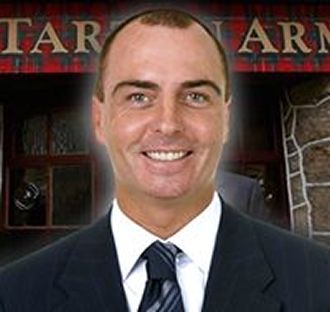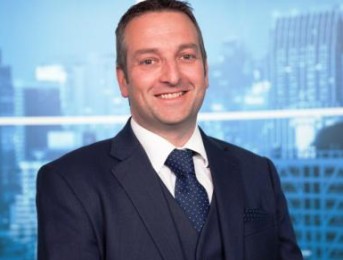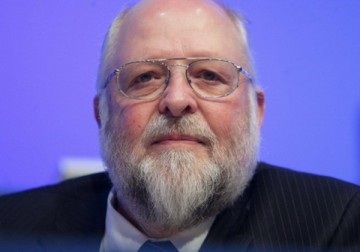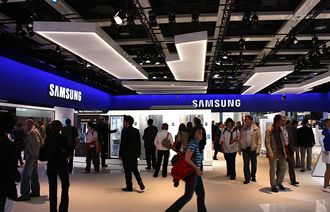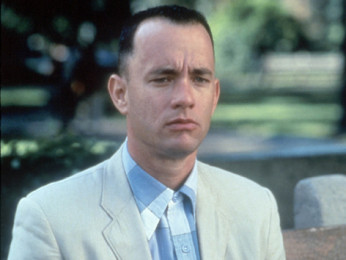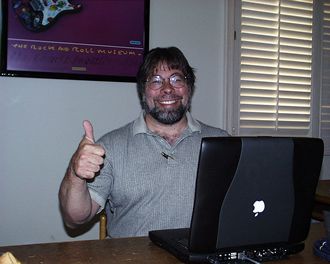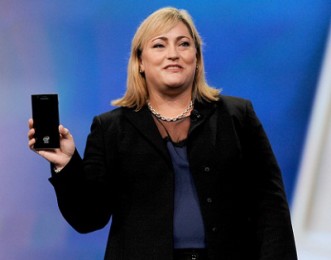 The dark satanic rumour mill has manufactured a hell on earth yarn that the high profile exit of Renee James, president of Intel and head of the software group was because of the silly McAfee deal.
The dark satanic rumour mill has manufactured a hell on earth yarn that the high profile exit of Renee James, president of Intel and head of the software group was because of the silly McAfee deal.
When Chipzilla wrote a check for McAfee many people wondered why, and suspected it was about getting security onto the chip and other such plausible reasons. However since very little has emerged as a result of this deal, there were whispers that suggested that the whole McAfee thing was stupid.
Officially James is leaving to pursue an “external CEO role.” James will remain with the company until January to help out.
However that is not really how it works. Executives don’t announce what they are doing and they certainly don’t stay on if they are going to work for a rival.
Citibank research analyst Christopher Danely, James wasn’t doing all that well at her main job.
James was largely responsible for leading Intel’s $7.7 billion acquisition of McAfee in 2011, a merger that made absolutely no sense to anyone but a McAfee shareholder.
Intel’s software business had grown just 2.5 per cent in the last three years, Danely pointed out.
When Intel bought the McAfee business it generated 2010 revenue of $2.1 billion with operating margins of roughly 11 percent. McAfee revenues have remained roughly flat since the company was bought, while operating margins have declined to the mid-single digit range, Daneley said.
It is starting to look like James took the fall for the waste of money on McAfee and underperforming software group.
It is also possible that Intel will have to do something with its underperforming security arm. Last week it borged McAfee and stopped it being independent any more, as our sister publication TechEye faithfully reported.
